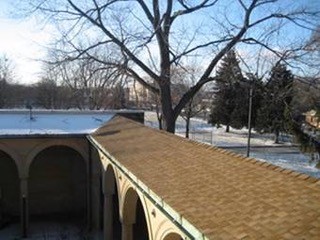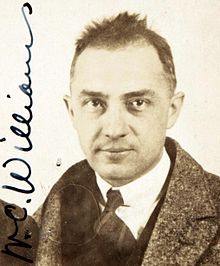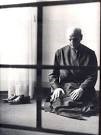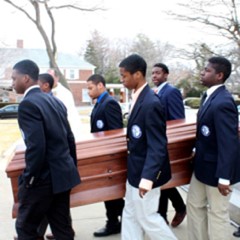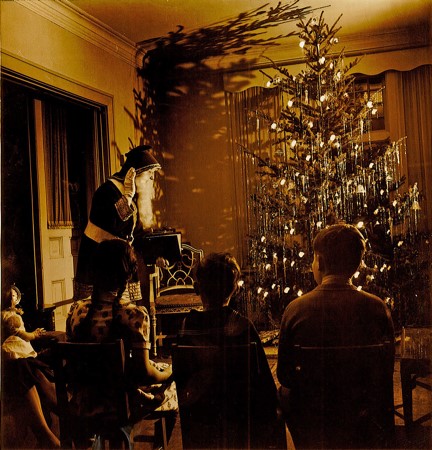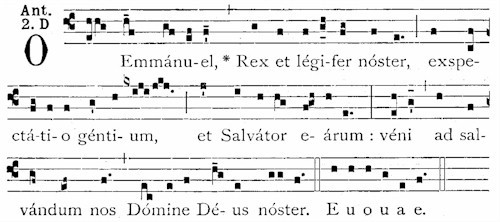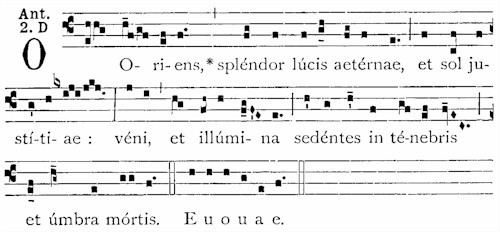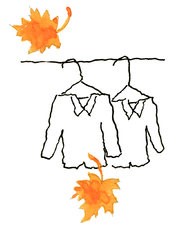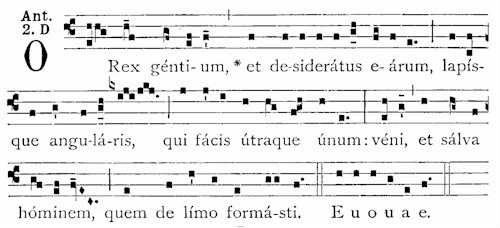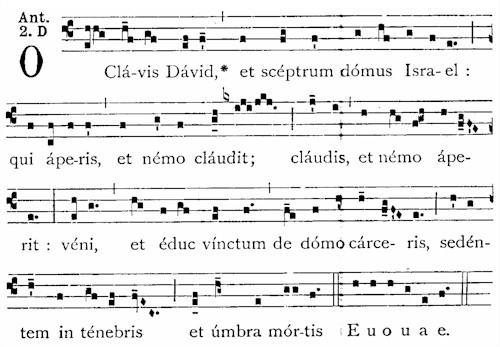Monday January 14, 2019 “Companion is the one who eats the same bread.”
This morning when I opened the blinds in my room, early sun and snow traceries on the courtyard cloister walk roofs took my breath away. Sometimes the world is tough; sometimes it’s beautiful. Same goes for my city, Detroit. The view out the window onto Livernois and McNichols reminds me of one of the saints in my life. Here’s a meditation about Dom Helder Camera I wrote four years ago; not the first time I invite him to stir our imaginations and hopes. He learned how to walk in the world as a blunt realist who, at the same time, breathed playful tenderness in and out, all day, every day.
Dom Helder Camera February 7, 1909, Fortaleza, Brazil – August 27, 1999. He was archbishop of Recife and Olinda from 1964 to 1985 during military dictatorship in Brazil. He interpreted Catholic teaching with a consistent, fierce attention to the violence of systems maintaining brutal poverty. This unblinking attention to the violence of poverty was matched by legendary playfulness. Here is one story among many, this one I witnessed. Once Dom Helder was speaking to about 1500 people who sat on the St. Louis levee overlooking the Mississippi River (by the Arch); in the middle of the talk, a helicopter took off right behind him filled with tourists taking a ride with a bird’s eye view of the river and the city. It made enough of a racket that it was impossible to hear what the Dom Helder was saying. He paused, turned around to the helicopter, and gave the tourists a puckish little wave. When the helicopter got a little farther out on its trip, he turned back to us.
Here is one of his sayings. Read it like a poem, out loud, with pauses.
john sj
Today’s Post – Dom Helder Camera
“It is possible to travel alone, but we know the journey is human life
and life needs company.
Companion is the one who eats the same bread.
The good traveler cares for weary companions, grieves when we lose heart,
takes us where she finds us, listens to us.
Intelligently, gently, above all lovingly, we encourage each other to go on
and recover our joy
On the journey.”
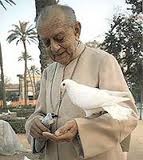
1909-1999
https://en.wikipedia.org/wiki/H%C3%A9lder_C%C3%A2mara

